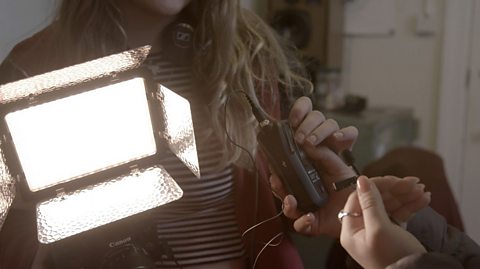Meet Alfie. He's 16, from South Wales, and is working as a trainee film director on a voluntary project. Part of our Bitesize world of work series.
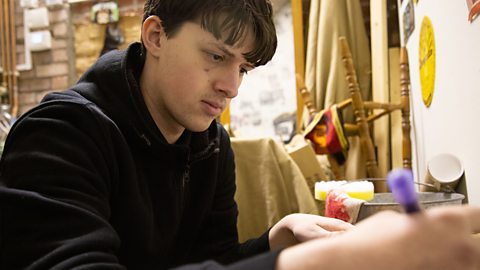
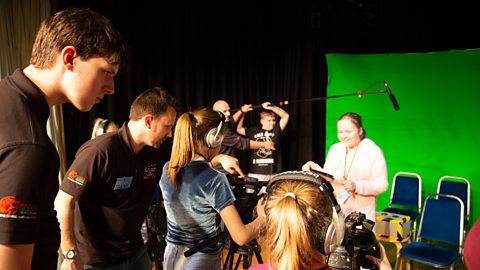
How did you become a trainee director?
I got involved with the Blaenau Gwent Film Academy as a volunteer. One of the team told me about a website called Dollar Babies where students can pay $1 to adapt a Stephen King novel. We did this and, for the past year, have been working on developing our screenplay adaptation of Stationary Bike.
What does your role involve?
At the beginning of the pre-production process, we read through the book to see how the story could play through. Each of us looked through key parts and we made a few minor alterations. Since then I've been developing ideas and putting together storyboards. As the trainee director, my role during the shoot will involve learning how to choose the shots.
What skills do you use in this role?
My time management skills have definitely got better throughout pre-production. I've had to work alongside the cast and production team a lot too, so my teamwork has improved as well.
How will working on this project help you in the future?
I now have a clearer idea of how I can develop future films and get creative ideas from other cast members. In the future, I'd like to use this film to help me apply for filmmaking degrees so I can build on my skills and meet more like-minded people in a creative environment.


Top tips
I love the horror genre and it was my ambition to work on a Stephen King adaptation. If you want something, then go for it
Being part of a film academy is great, especially if you really want to help others and be part of a big team
I'm not sure yet which aspect of filmmaking I want to get into, but getting experience is really useful.

Alfie's current role is a voluntary role, which is helping him to gain experience. In the future, he could progress to paid work in a role such as assistant director or film director. Film directors lead the creative and technical production for cinema and television.
What to expect if you want to be a TV or film director
- TV or film director average salary: variable
- TV or film director typical working hours: 39 to 41 hours per week
What qualifications do you need to be a TV or film director?
You could get into this role via a university course or a college course such as a Level 3 Diploma or a T-level in Media, Broadcast and Production (England-only, from Sept 2023). You can also work towards the role, produce and release your own films or do specialist courses run by private training providers.
Sources: LMI for All, National Careers Service,
This information is a guide and is constantly changing. Please check the for the latest information and all the qualifications needed and the for more on T-levels.
For careers advice in all parts of the UK visit: , , and .

Find work experience placements with Workfinder.
Tips and advice
Help with interviews, writing a CV and all things work experience related.

Toby: director of photography. video
Toby's a director of photography for a film production company.
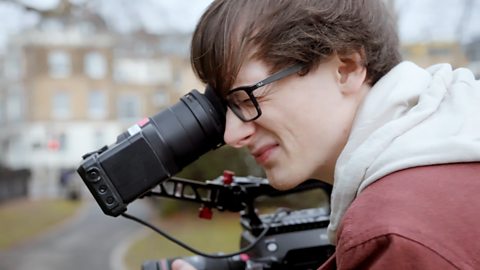
Peter: lighting technician. video
Peter works as a lighting technician on live shows.
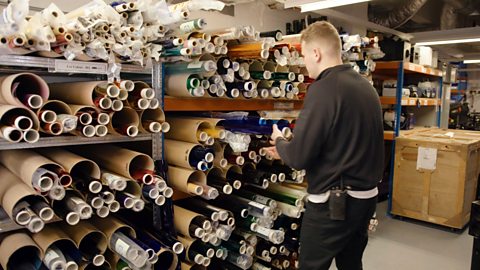
Taylor: freelance filmmaker
Taylor's a freelance filmmaker in Leeds.
